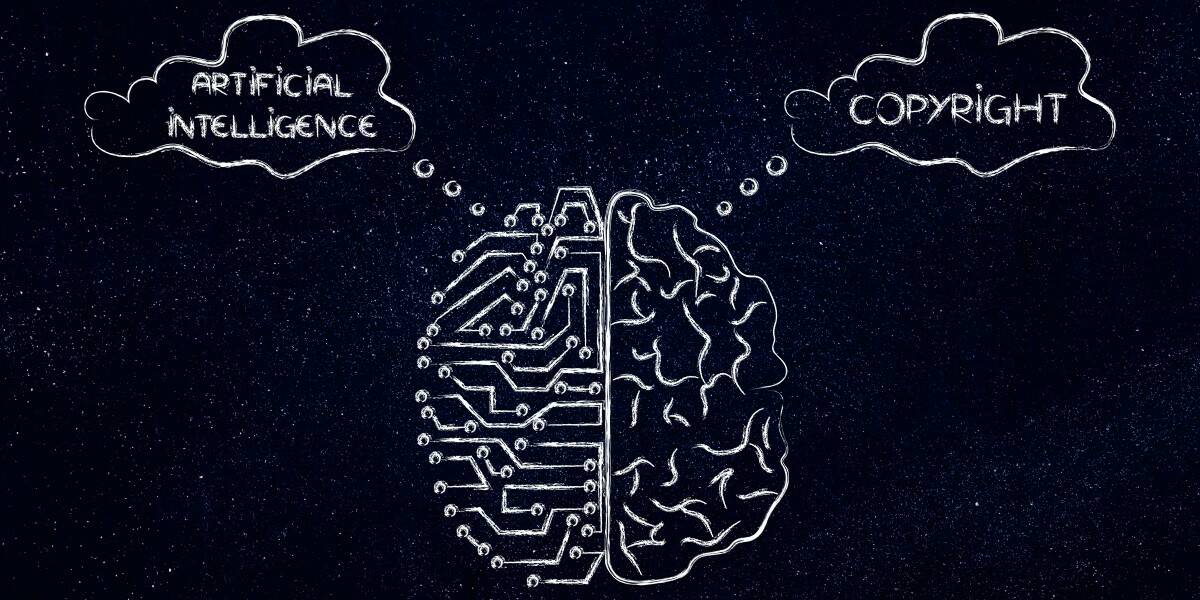
Copyright Office thinks AI companies sometimes stole content
The head of the US Copyright Office has reportedly been fired, the day after agency concluded that builders of AI models use of copyrighted material went beyond existing doctrines of fair use.
The office’s opinion on fair use came in a draft of the third part of its report on copyright and artificial intelligence. The first part considered digital replicas and the second tackled whether it is possible to copyright the output of generative AI.
The office published the draft [PDF] of Part 3, which addresses the use of copyrighted works in the development of generative AI systems, on May 9th.

Copyright-ignoring AI scraper bots laugh at robots.txt so the IETF is trying to improve it
The draft notes that generative AI systems “draw on massive troves of data, including copyrighted works” and asks: “Do any of the acts involved require the copyright owners’ consent or compensation?”
That question is the subject of several lawsuits, because developers of AI models have admitted to training their products on content scraped from the internet and other sources without compensating content creators or copyright owners. AI companies have argued fair use provisions of copyright law mean they did no wrong.
As the report notes, one test courts use to determine fair use considers “the effect of the use upon the potential market for or value of the copyrighted work”. If a judge finds an AI company’s use of copyrighted material doesn’t impact a market or value, fair use will apply.
The report finds AI companies can’t sustain a fair use defense in the following circumstances:
The office will soon publish a final version of Part 3 that it expects will emerge “without any substantive changes expected in the analysis or conclusions.”
Tech law professor Blake. E Reid described the report as “very bad news for the AI companies in litigation” and “A straight-ticket loss for the AI companies”.
Among the AI companies currently in litigation on copyright matters are Google, Meta, OpenAI, and Microsoft. All four made donations to Donald Trump’s inauguration fund.
Reid’s post also pondered the timing of the Part 3 report – despite the office saying it was released “in response to congressional inquiries and expressions of interest from stakeholders” – and wrote “I continue to wonder (speculatively!) if a purge at the Copyright Office is incoming and they felt the need to rush this out.”
Reid looks prescient as the Trump administration reportedly fired the head of the Copyright Office, Shira Perlmutter, on Saturday.
- Bad trip coming for AI hype as humanity tools up to fight back
- Tech titans: Wanna secure US AI leadership? Stop giving the world excuses to buy Chinese
- TAKE IT DOWN Act? Yes, take the act down before it's too late for online speech
- On the issue of AI copyright, Blair Institute favors tech bros over Cool Britannia
Representative Joe Morelle (D-NY), wrote the termination was “…surely no coincidence he acted less than a day after she refused to rubber-stamp Elon Musk’s efforts to mine troves of copyrighted works to train AI models.”
Morelle linked the words “she refused to rubber-stamp” to the Part 3 report discussed above.
The remarks about Musk may refer to the billionaire’s recent endorsement of Twitter founder Jack Dorsey’s desire to “Delete all IP law", or the Tesla and SpaceX boss’s plans to train his own “Grok” AI on X users’ posts.
There’s another possible explanation for Perlmutter’s ousting: The Copyright Office is a department of the Library of Congress, whose leader was last week fired on grounds of “quite concerning things that she had done … in the pursuit of DEI [diversity, equity, and inclusion] and putting inappropriate books in the library for children," according to White House press secretary Karoline Leavitt.
So maybe this is just the Trump administration enacting its policy on diversity without regard to the report’s possible impact on donors or Elon Musk. ®
关于《Copyright Office thinks AI companies sometimes stole content》的评论
发表评论
摘要
相关讨论
- Global Recycled Polyester Staple Fiber Market Booms Amid Growing Demand for Sustainable Textiles
- 人工智能应该被政府管制么?
- Global Neck Cream and Mask Sales Market Surges with Demand for Targeted Skincare Solutions and Anti-Aging Innovations
- 在新加坡做面试官的经历 (Interviewer Experience for UI/UX Designer in Singapore)
- 内推职位:深圳Oracle CDC Java数据库相关测试开发
